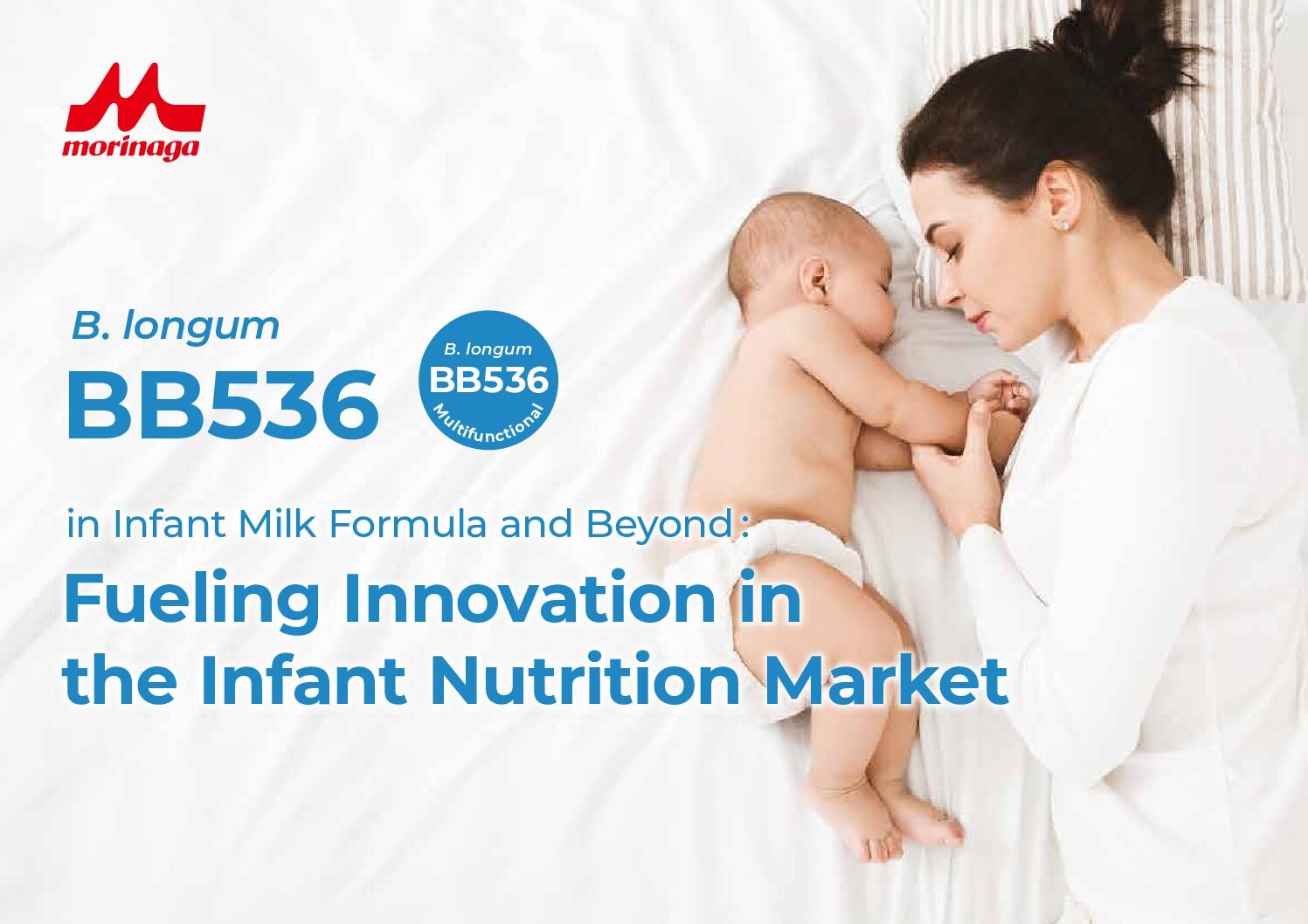
Nestlé has set a 2030 target for increasing the sales of “more nutritious” products by 50%.
The KitKat chocolate and Maggi sauce owner said today (28 September) it plans to invest “significantly” to renovate existing products and to drive innovation to aid the initiative.

US Tariffs are shifting - will you react or anticipate?
Don’t let policy changes catch you off guard. Stay proactive with real-time data and expert analysis.
By GlobalDataIt wants to grow sales in healthier products by Sfr20bn-25bn ($21.77bn-27.21bn) by 2030, representing around 50% growth over 2022 sales.
The target applies to Nestlé products with a Health Star Rating (HSR) of 3.5 stars or more, together with its specialised nutrition products, including baby foods, vitamin and mineral supplements and medical nutrition.
Nestlé’s portfolio’s health credentials have come under scrutiny from lobby group ShareAction which previously stated the company was still “far too reliant on the sale of less healthy food and drink products”.
In March, Nestlé said it would benchmark its products against the HSR system employed in Australia and New Zealand rather than an in-house assessment method used in the past.
Based on HSR then, 37% of Nestlé’s product sales, excluding pet food, had a score of 3.5 stars or above.
Nestlé said today that 60% of the company’s food and beverage sales now come from the combination of that HSR figure and specialised nutrition products.
Providing more detail on its newly-announced plans, Nestlé said it will also expand “micronutrient fortification opportunities” and grow its affordable offerings. It added that it will further develop its portfolio of products and recipes created using plant-based ingredients.
Nestlé also promised to “strengthen its responsible marketing” of indulgent products, in particular those from its confectionery and ice cream categories.
It said it will ensure that all children’s confectionery and ice cream portions will be 110 kilocalories or less, and all multi-serve products from these two categories will have clear front-of-pack portion guidance, where local regulation allows.
Nestlé said these changes will be fully rolled out within the next three years, starting in spring of next year in the UK when it will provide “more visually intuitive front-of-pack portion guidance on confectionery”.
The company has already announced it is voluntarily restricting its marketing to children under the age of 16. This came into effect at the beginning of July.
Some of these pledges were first made in November last year, when Nestlé also committed to sharing more details of the nutritional value of its portfolio of products from this year.
Nestlé is not the only big food company to set nutritional targets following criticism of the make-up of their portfolio.
In March last year, Ben & Jerry’s ice cream brand owner Unilever unveiled an initiative to measure and set nutritional targets for its brands amid criticism it lags some of its food manufacturing peers.
It said it would work with ShareAction to set new healthy nutrition benchmarks for its food and beverage brands in a project encompassing 16 global markets.
In July, Nestlé revealed it had developed cross-category sugar reduction technology.
The technology was piloted in cocoa and malt-based ready-to-drink beverages in South East Asia.
Stefan Palzer, Nestlé’s chief technology officer, said sugar reduction across its portfolio remains a top priority for the company.







